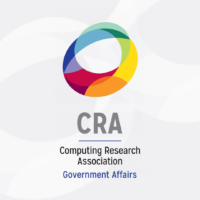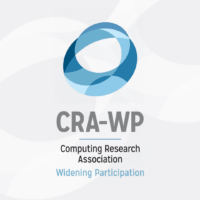NSF Launches Pilot of NAIRR Program to “Democratize the Future of AI”
By Brian Mosley, Associate Director, Government Affairs
The National Science Foundation, in collaboration with several other federal agencies, announced the launch of the National Artificial Intelligence Research Resource (NAIRR) pilot program yesterday. The program, which partners with 10 federal agencies and 25 private sector, nonprofit, and philanthropic organizations, will, “provide access to advanced computing, datasets, models, software, training and user support to U.S.-based researchers and educators.” The aim of the NAIRR program is to connect, “researchers and educators with the resources needed to support their work,” in order to, “power innovative AI research.”
The NAIRR program has a long, bipartisan history of support across the government. Originating in the National AI Initiative Act of 2020, which established a task force co-chaired by OSTP and NSF, to create a roadmap for establishing, “a shared research infrastructure that would provide AI researchers and students with significantly expanded access to computational resources, high-quality data, educational tools, and user support.” The task force’s final report, released a year ago, recommended the establishing of the NAIRR program and has enjoyed support in both chambers of Congress. Launching a pilot of NAIRR is also a major research goal laid out in President Biden’s recent executive order on artificial intelligence.
The House version of the National AI Initiative Act of 2020, the majority of which made up the final legislative language, was heavily influenced and informed by the Computing Community Consortium’s (CCC) work and their AI roadmap report. CRA endorsed that legislation when it was introduced. The long effort to stand up NAIRR is a major win for the computing research community. CRA will continue to follow events and actions, particularly in Congress, where there are efforts to formally establish NAIRR and provide consistent funding for the program.









